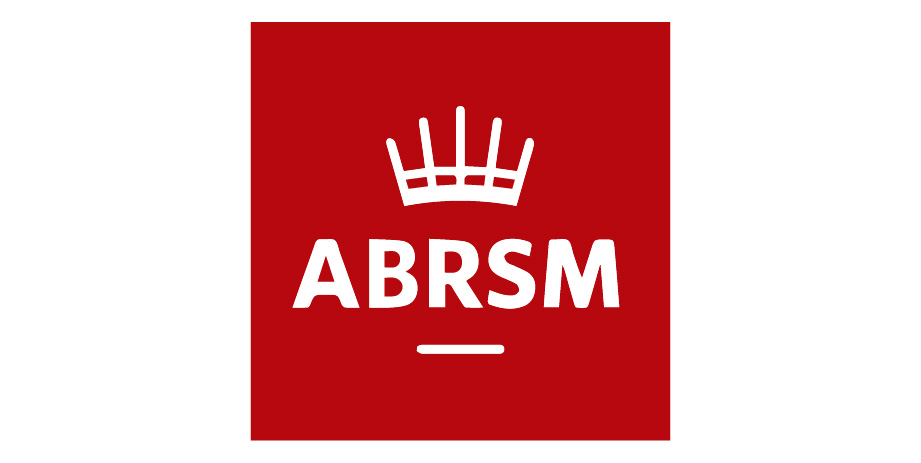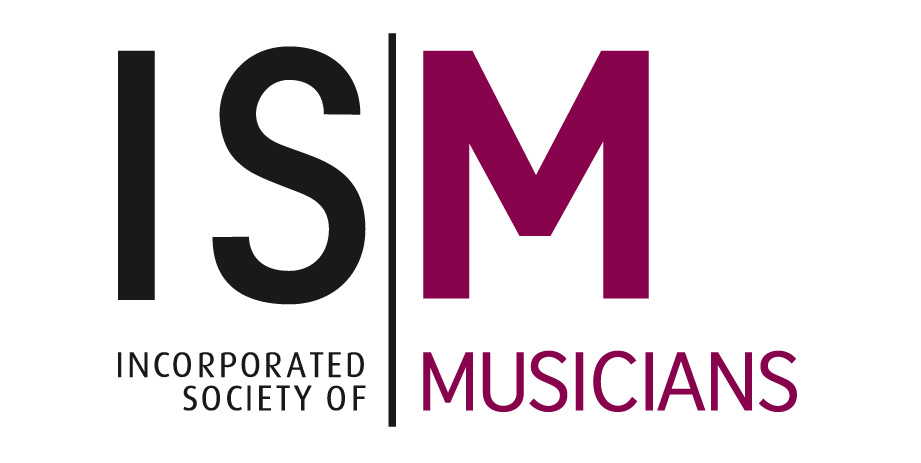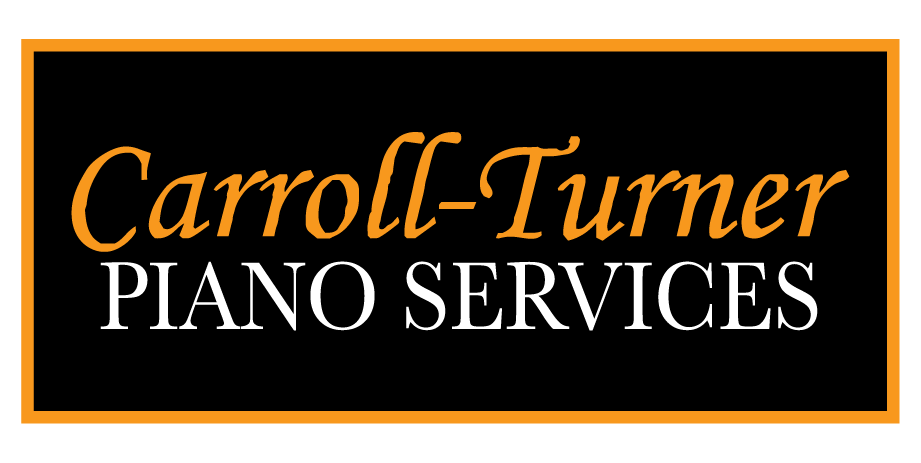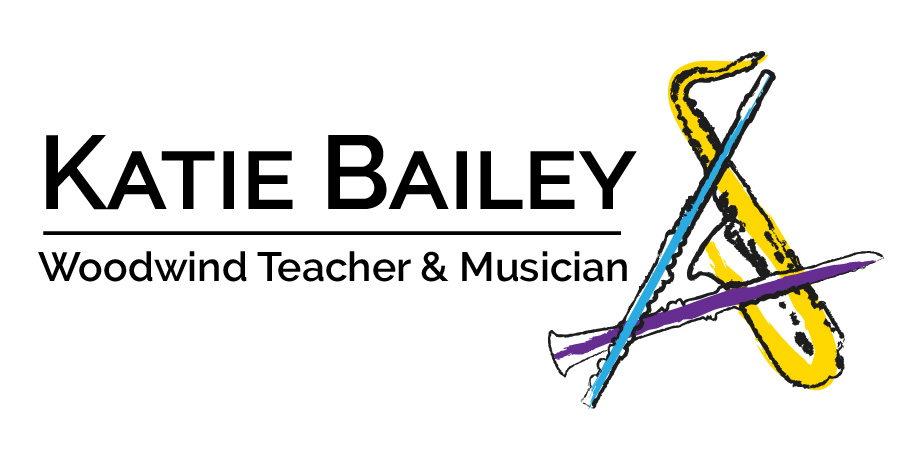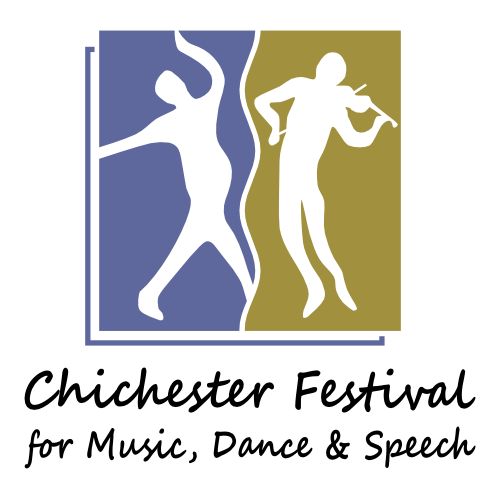Q: Can I arrange an additional consultation lesson?
CJ: If you have been given a consultation lesson and are not yet ready to commit to full-time lessons, you can arrange a second consultation lesson for £20. You can have as many consultation lessons as you please, however it is more cost-effective to commit to a lesson plan.
Q: How many lessons will I get in a year?
CJ: Those studying full-time are given 40 lessons every year, however, extra lessons in the school holidays are available at no additional cost if you are on a lesson plan. I teach for a minimum of 45 weeks every year, so make the most of your weekly slot!
Q: How often will I be billed for piano lessons?
CJ: Lessons fees for an academic year are billed in equal instalments that can be paid monthly, termly or quarterly.
Q: Will my tuition fees ever change?
CJ: Every five years a review on pricing and billing is conducted. The next review is in 2022; until that time, lesson fees will remain as listed on the Prices page.
Q: How much does it cost to sit a graded exam?
CJ: All graded exams are sat through ABRSM, visit their website for a full list of their exam fees: ABRSM Exam dates and fees.
Q: Can lessons take place at my home?
CJ: All lessons take place in my teaching studio. In exceptional circumstances home visits can be arranged at an additional charge.
Q: How much notice do I need to give to rearrange or cancel a lesson?
CJ: If you know that you will not be able to attend a piano lesson then I will require at least one week’s notice. If I have an suitable time slot for that week then I will offer it to you. If less than one week’s notice is given then I am not obliged to offer you a replacement slot.
If you choose not to accept the time slot offered to you for replacement lesson, I am not obliged to offer you an alternative time slot for that lesson.

